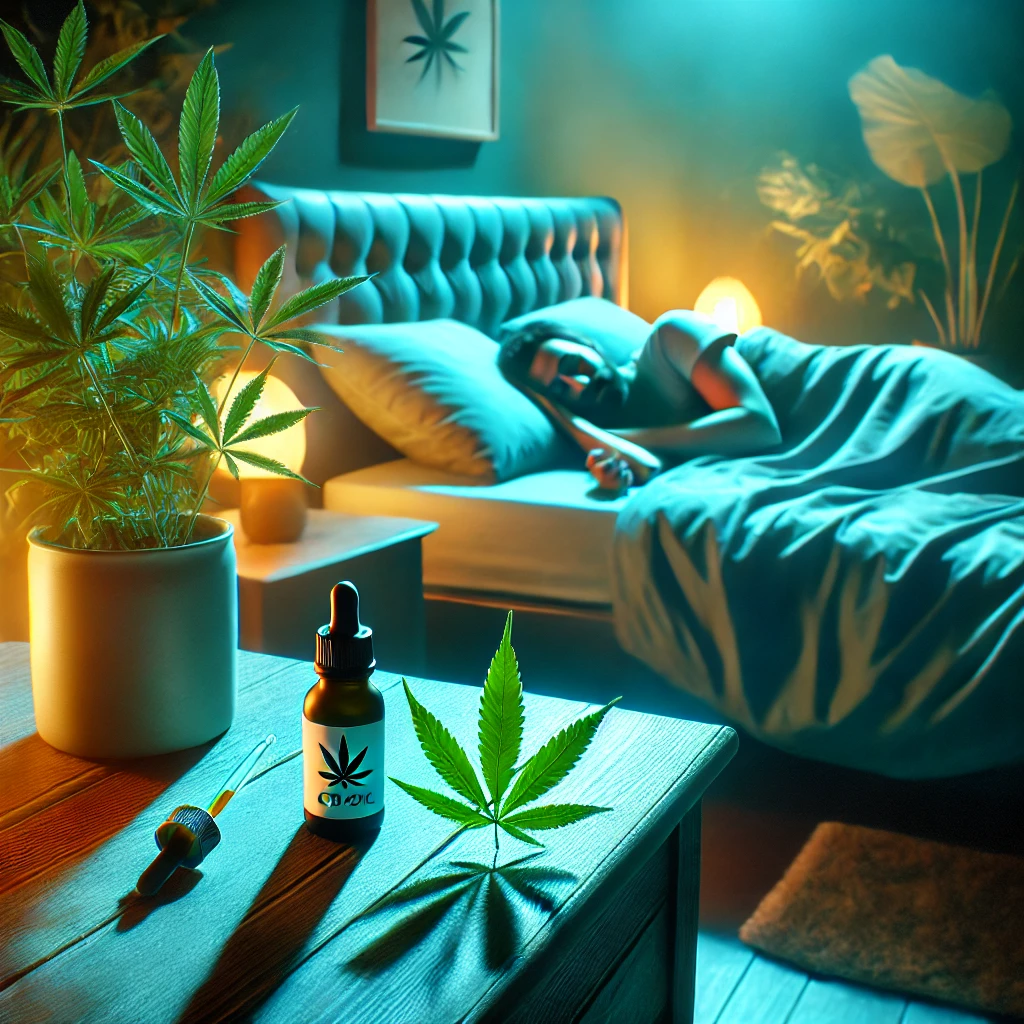For those struggling with sleep issues, cannabis has emerged as a potential natural remedy. Many people have turned to cannabis to aid their sleep, but how effective is it really? Let’s explore the science behind cannabis and its impact on sleep.
Cannabis contains compounds called cannabinoids, primarily THC (tetrahydrocannabinol) and CBD (cannabidiol), which interact with the body’s endocannabinoid system. This system plays a key role in regulating sleep, mood, and overall well-being.
THC: Known for its psychoactive effects, THC is believed to promote drowsiness and reduce the time it takes to fall asleep. Some studies suggest that THC can also increase deep sleep stages, which are essential for physical and mental restoration.
CBD: Unlike THC, CBD is non-intoxicating and may help alleviate anxiety and stress, common culprits of insomnia. Some research indicates that CBD can regulate sleep patterns and improve sleep quality over time.
Many cannabis users report the following sleep benefits:
Faster Sleep Onset: Cannabis, particularly strains high in THC, can help people fall asleep faster.
Longer Sleep Duration: Certain strains and dosages may prolong sleep and reduce nighttime awakenings.
Reduction in Nightmares: Individuals suffering from PTSD have reported fewer nightmares when using cannabis, particularly THC-dominant strains.
Pain and Stress Relief: Cannabis can alleviate chronic pain and stress, two significant factors that disrupt sleep.
Not all cannabis strains are equally effective for sleep. Here are some general guidelines:
Indica-dominant strains tend to have sedative effects and are best suited for nighttime use.
High-THC strains may be helpful for those who have trouble falling asleep quickly.
CBD-dominant or balanced strains are ideal for those looking to reduce anxiety-related sleep disturbances without feeling overly sedated.
While cannabis may improve sleep for many, it’s not without potential downsides:
Next-Day Grogginess: Higher doses of THC may cause a lingering drowsy effect in the morning.
Dependency Risk: Regular use of cannabis for sleep could lead to tolerance, requiring increased doses over time.
REM Sleep Suppression: Some studies suggest that THC can reduce REM sleep, the stage associated with dreaming. While this may help those with PTSD, it could affect cognitive function and emotional processing over time.
Cannabis can be a valuable tool for improving sleep, but its effects vary from person to person. If you’re considering cannabis for sleep, it’s best to experiment with different strains and dosages to find what works best for you. As always, consulting with a healthcare provider can provide personalized guidance, especially for those with existing medical conditions.
